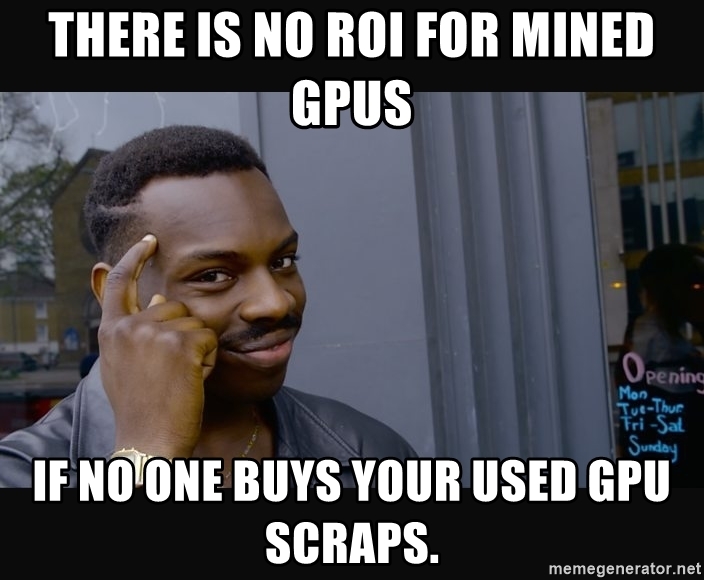- Joined
- May 18, 1997
- Messages
- 55,620
This is actually a very good article over at Motherboard about ASICs and what sort of wide reaching effects those could have on the cryptocurrency markets. One side of me says, great, bring it on so we can finally buy GPUs at MSRP to get our game on. The other side of me says, dammit, they stopped making GPUs so they could make crypto ASICs. ASIC stands for "Application Specific Integrated Circuits," and these parts are nothing new and it is a generic terms for all intents and purposes. It is interesting how, when you produce and ASIC specific to cryptomining, you seem to piss off people on both sides of the fence. If you have never seen just how many resources are being devoted to cryptomining, the video below is from 3 years ago.
In related news, April continues on March's trend of being unkind to Bitcoin.
“With ASIC miners, right now things are still not too bad,” Buterin wrote in the 2014 blog. “Although ASICs are produced in only a small number of factories, they are still controlled by thousands of people worldwide. Soon, however, that may change. In a month’s time, what if the manufacturers realize that it does not make economic sense for them to sell their ASICs when they can instead simply keep all of their devices in a central warehouse and earn the full revenue?”
In related news, April continues on March's trend of being unkind to Bitcoin.
“With ASIC miners, right now things are still not too bad,” Buterin wrote in the 2014 blog. “Although ASICs are produced in only a small number of factories, they are still controlled by thousands of people worldwide. Soon, however, that may change. In a month’s time, what if the manufacturers realize that it does not make economic sense for them to sell their ASICs when they can instead simply keep all of their devices in a central warehouse and earn the full revenue?”
![[H]ard|Forum](/styles/hardforum/xenforo/logo_dark.png)


